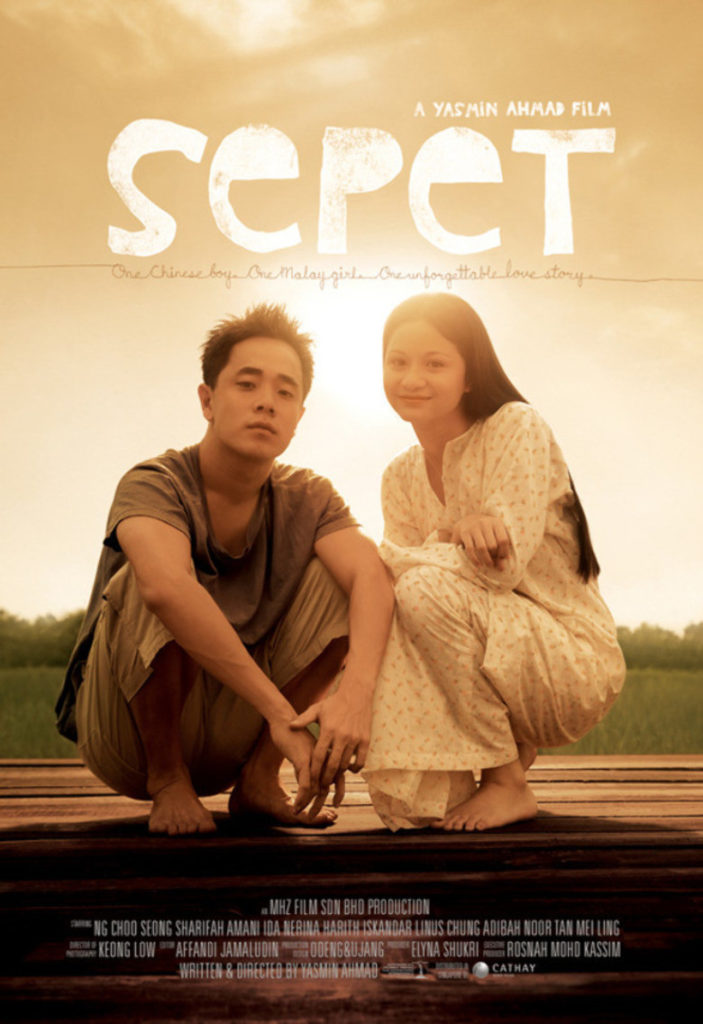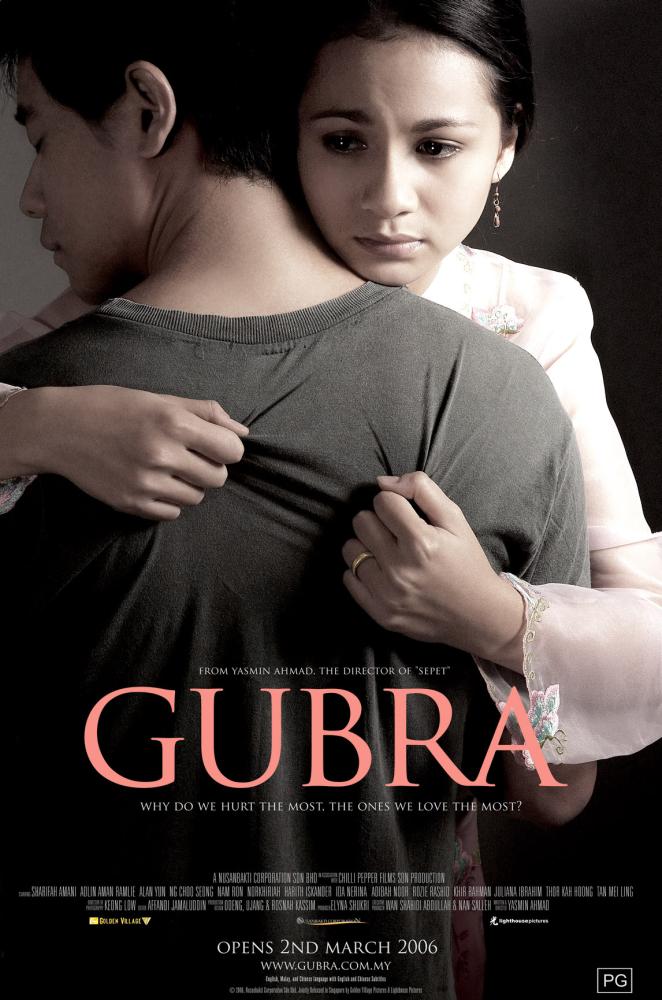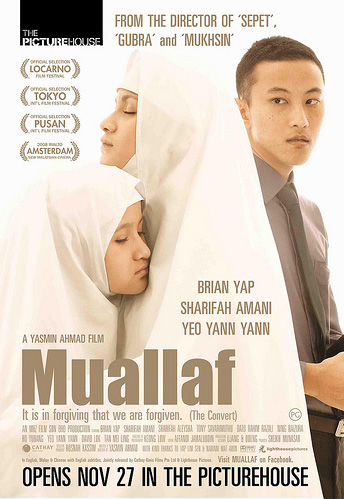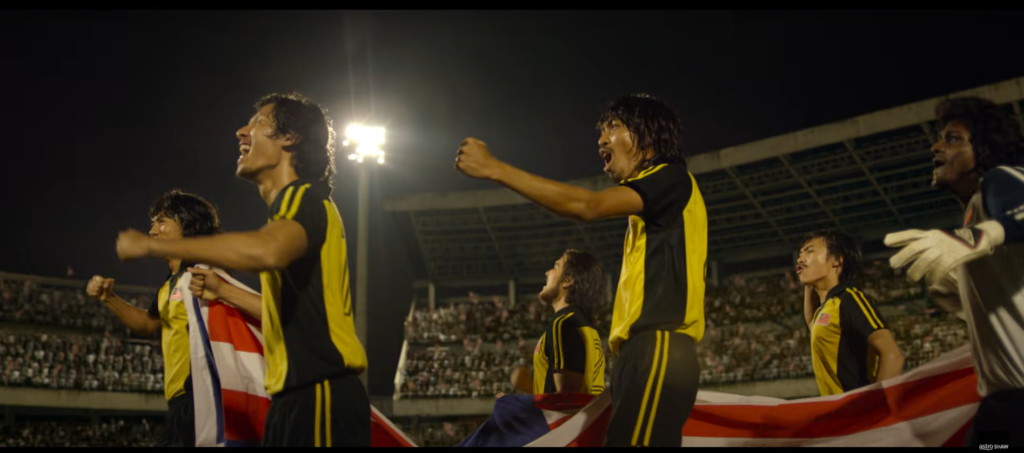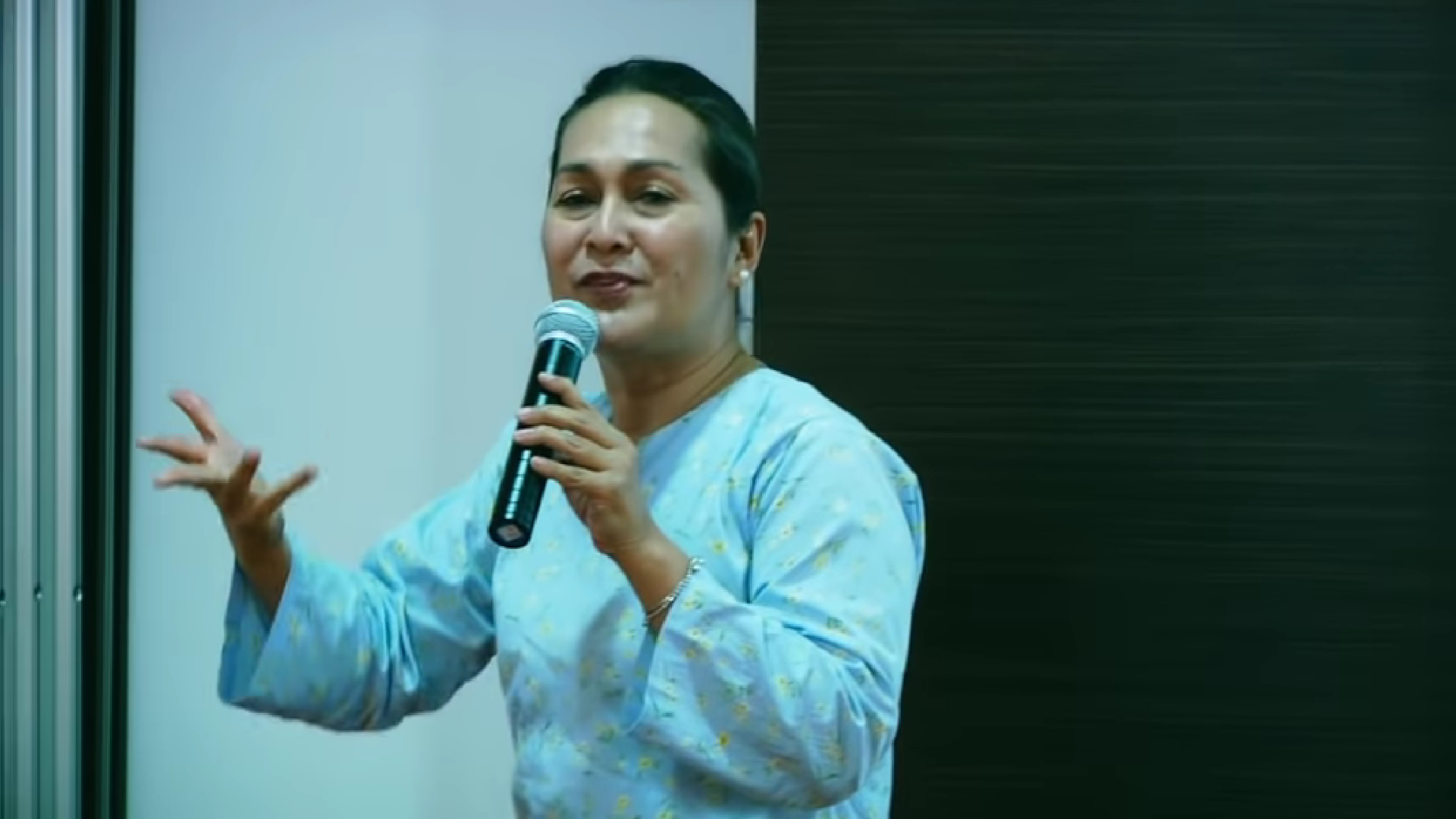
BASKL goes through the late storyteller’s craft, recapping the themes in movies like ‘Sepet’, ‘Gubra’ and ‘Mukhsin’ with actors Sharifah Aleya, Sharifah Amani and Sharifah Aleysha.
By NABILA AZLAN
Yasmin Ahmad passed away on July 25 due to a stroke and brain hemorrhage. She was 51.
It has been 16 years, yet her crafts live on.
The film director and scriptwriter is known for an exceptional list of ads and films. The former creative director at Leo Burnett Kuala Lumpur has given us so much, some of them known by the names of Sepet, Gubra and Muallaf.
Like so many others, I was left under a trance after watching my first Yasmin movie, Sepet (2004). I don’t think I would get tired of rewatching it (or every other one) after all these while. To me, it captures all the wonderful things Malaysian cinema has; the display of Muhibbah (harmonious living), intermingling local dialects and slangs, encased in a refreshing cinematography – all of which can also describe everything else she has produced. Her work has crossed multiple barriers, bringing light to ‘difficult’ topics like religion and culture in the most unexpected ways – no surprises how these compositions have received their accolades.
Alongside casting legendary actors like the late Adibah Noor, Adlin Aman Ramlie, Fatimah Abu Bakar, Syafie Naswip and M. Rajoli to bring life to her stories, Yasmin has made Sharifah Amani, Sharifah Aleya, Sharifah Aleysha and Sharifah Aryana (aka the Sharifah sisters) her on-screen muses; inviting us to feel a multitude of emotions through scenes inspired by life.
Thus, to remember the figure who has inspired the brave new wave of Malaysian films, it is only natural to connect with the Sharifah sisters, in reminiscing the late storyteller through the visual and audible gems she has left us with.
Looking back at the list of movies and advertorials Yasmin has gifted us, which scene(s) has been your utmost favourite and why?
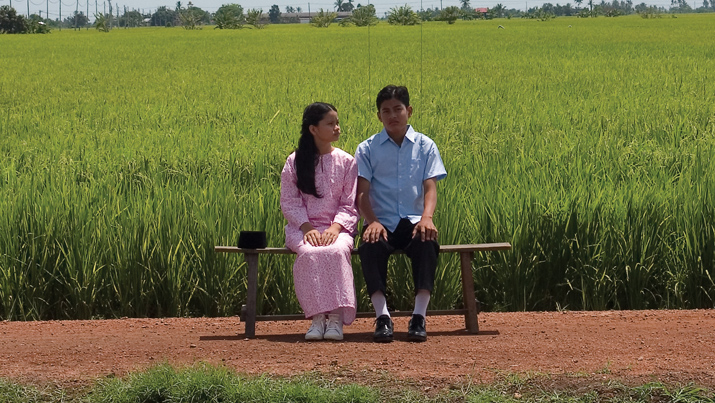
Aleya: My utmost favourite scene would be the opening ‘hujan’ sequence in Mukhsin. It’s a combination of all my favourite things in one scene – family, music, spontaneity and a sense of freedom.
Amani: I think one of my most favourite scenes must be in Gubra; it’s the scene where the Bilal’s wife is teaching her prostitute neighbour how to read the Quran and their conversation about wearing the head scarf. There was no animosity, judging, forcing or condescending comments; just love, acceptance, kindness, understanding and compassion throughout that scene. I don’t think I’ve seen anything like it before or after.
Aleysha: It’s hard to pick one single favorite scene but I always appreciated Yasmin’s ability to stay in a moment of emotion. Whatever that emotion may be.
What is one advice Yasmin has imparted, directly or indirectly, that has stayed with you to this day? What makes it so impactful?
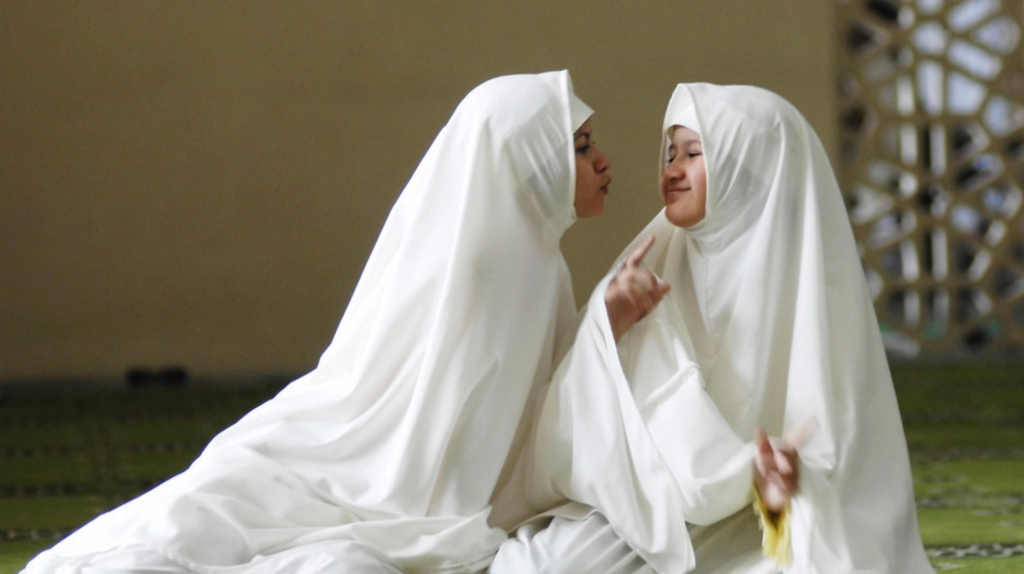
Aleya: “Your tears are your strength.”
Amani: “You want to direct or write? Then live.” Yasmin lived her life to the fullest right to the very end and that was my big takeaway from her. Live your whole life, fully, unapologetically. Travel, meet new people, learn new things, fall in love, get your heart broken experience life wholeheartedly then put it in your work.
Aleysha: A line I had in the film Muallaf; (According to the Quran 2:286) On no soul does God lay a burden greater than it can bear.
For those who aren’t familiar with her bodies of work, why should anyone watch the late Yasmin’s movies or ads?
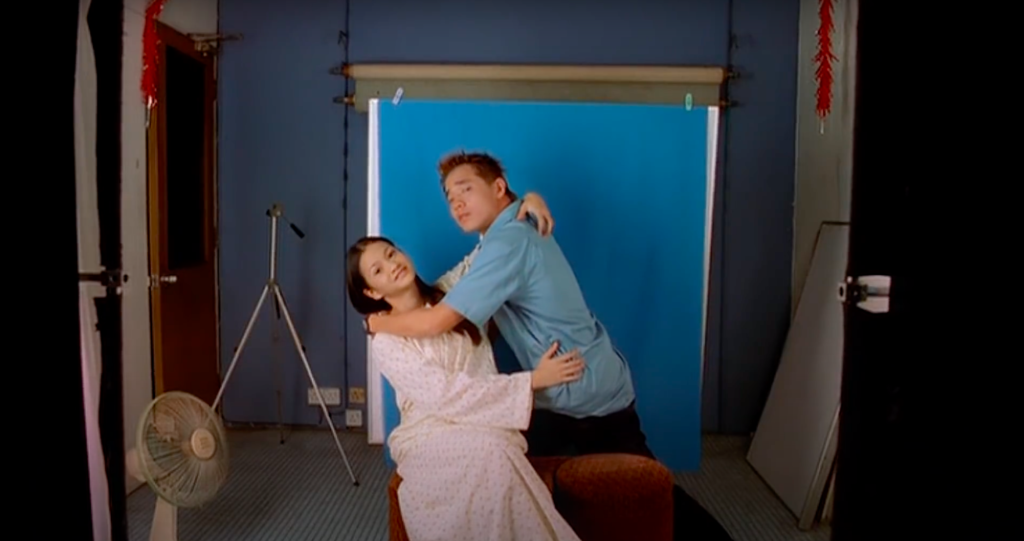
Aleya: To feel. Some movies make you think, some get you riled up ready for action, Min’s movies make you feel, every feeling you can feel.
Amani: If you would like to have a feel of Malaysia or how it sometimes feels like to be Malaysian, let Yasmin be your tour guide.
Aleysha: Yasmin’s works is a part of a big beautiful tapestry of Malaysian experiences and stories. Watching them won’t exactly show you all there is to being Malaysian but without them, it wouldn’t make as much sense.
Featured image is a screenshot taken from Yasmin’s TEDxKL talk in 2009
Read more stories like this on BASKL via the links below:

